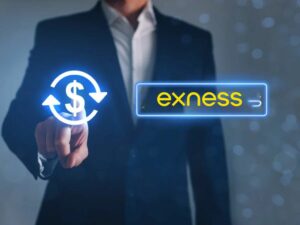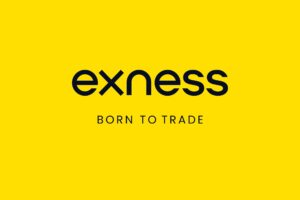Exness is a globally acclaimed forex and CFD broker offering cutting-edge trading tools, tight spreads, and a wide range of financial instruments. However, due to regulatory restrictions, Exness does not provide its services directly to U.S. residents. This limitation arises from the broker’s compliance with U.S. financial regulations and its lack of a regulatory license in the United States.
Despite these restrictions, some traders in the U.S. explore alternative methods to access Exness’s platform. Below, we provide detailed insights into these options, step-by-step guidance, and a thorough evaluation of their risks and benefits.
Why Exness Is Not Available in the U.S.
Exness complies with local financial laws in the jurisdictions it serves. In the U.S., brokers must obtain a license from regulatory bodies such as the Commodity Futures Trading Commission (CFTC) and the National Futures Association (NFA). Exness has opted not to operate in the U.S. market due to these stringent regulatory requirements.
Exploring Workarounds for Accessing Exness
While direct access is unavailable, some U.S.-based traders explore alternative methods to access Exness. These include:
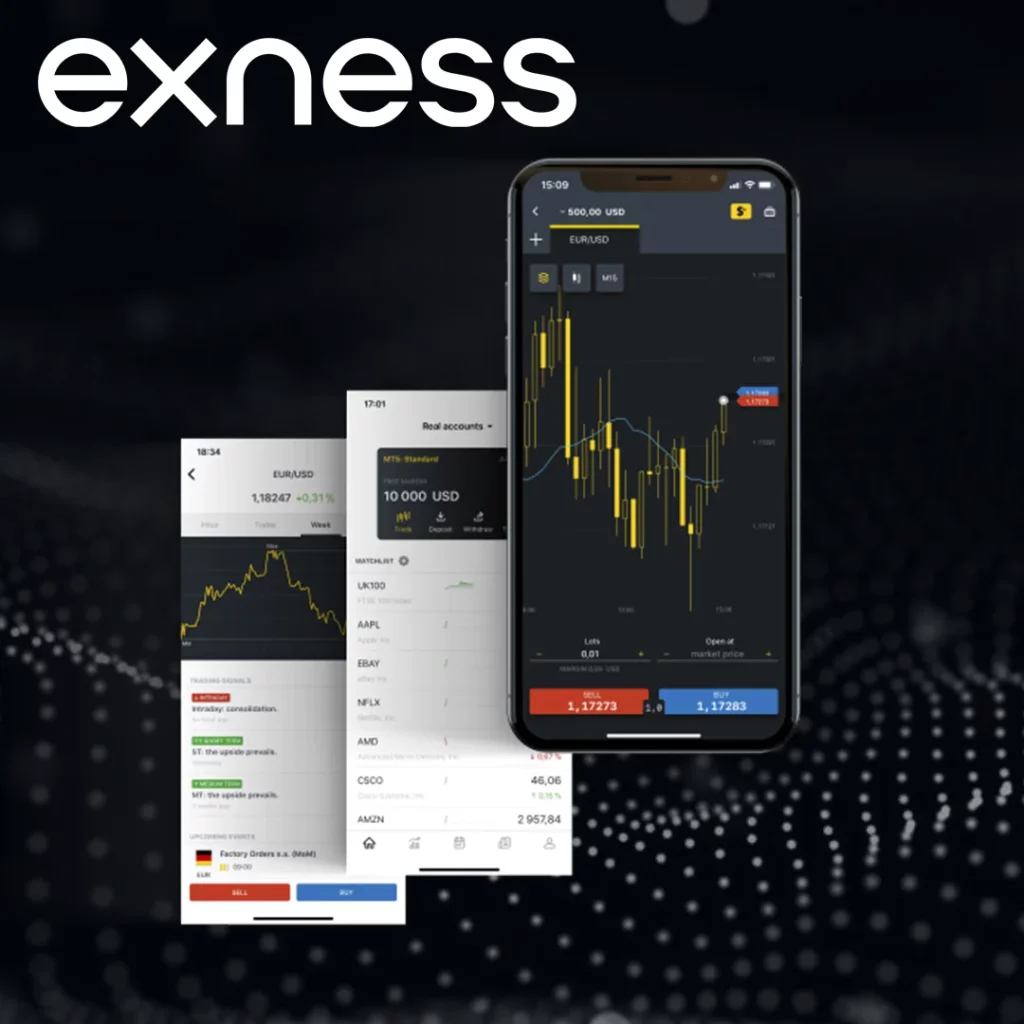
Using a Virtual Private Network (VPN)
A VPN can mask a user’s location, making it appear as though they are accessing Exness from a supported country.
Steps to Use a VPN for Exness:
- Choose a Reliable VPN Service: Select a reputable VPN provider that offers servers in Exness-supported regions. Examples include NordVPN, ExpressVPN, or Surfshark.
- Set Up the VPN: Download and install the VPN application on your device.
- Connect to a Supported Country: Use the VPN to connect to a server in a country where Exness operates, such as Cyprus, the UK, or South Africa.
- Register with Exness: Navigate to the Exness website, register, and complete the account setup process.
| Advantages | Disadvantages |
| Provides access to Exness | May violate Exness’s terms of use |
| Easy to set up and use | Potential account suspension risks |
| Masks IP address for privacy | Legal implications under U.S. law |
Using Offshore Entities
Another method involves registering an Exness account through an offshore entity or in a country where Exness is licensed.
Steps to Create an Offshore Account:
- Choose a Jurisdiction: Research countries where Exness operates, such as Cyprus or South Africa.
- Open an Offshore Bank Account: Set up a bank account in the chosen country to facilitate transactions.
- Register a Business Entity (Optional): If needed, register an offshore business entity to act as the account holder.
- Sign Up with Exness: Use the details of your offshore account or entity to complete the Exness registration process.
| Advantages | Disadvantages |
| Offers official access to Exness | Requires significant financial setup |
| Legal in most jurisdictions | Complex compliance and tax obligations |
| Suitable for professional traders | Higher costs for account maintenance |
Key Risks and Considerations
Legal Risks
Using VPNs or offshore entities to access Exness may conflict with U.S. laws. Additionally, Exness reserves the right to suspend accounts if it detects activity from restricted regions.
Financial Risks
Trading via workarounds may complicate withdrawals and deposits, especially when using offshore accounts.
Compliance Risks
Tax obligations and reporting requirements in the U.S. could lead to legal issues if not properly managed.
U.S. Regulatory Restrictions on Exness
Exness does not operate in the United States due to the stringent regulatory requirements imposed by U.S. financial authorities, primarily the Commodity Futures Trading Commission (CFTC) and the National Futures Association (NFA). These organizations enforce laws designed to protect U.S. traders and ensure fair practices in financial markets. Here’s a detailed explanation of why Exness is restricted from serving U.S. residents.
Key U.S. Regulatory Requirements
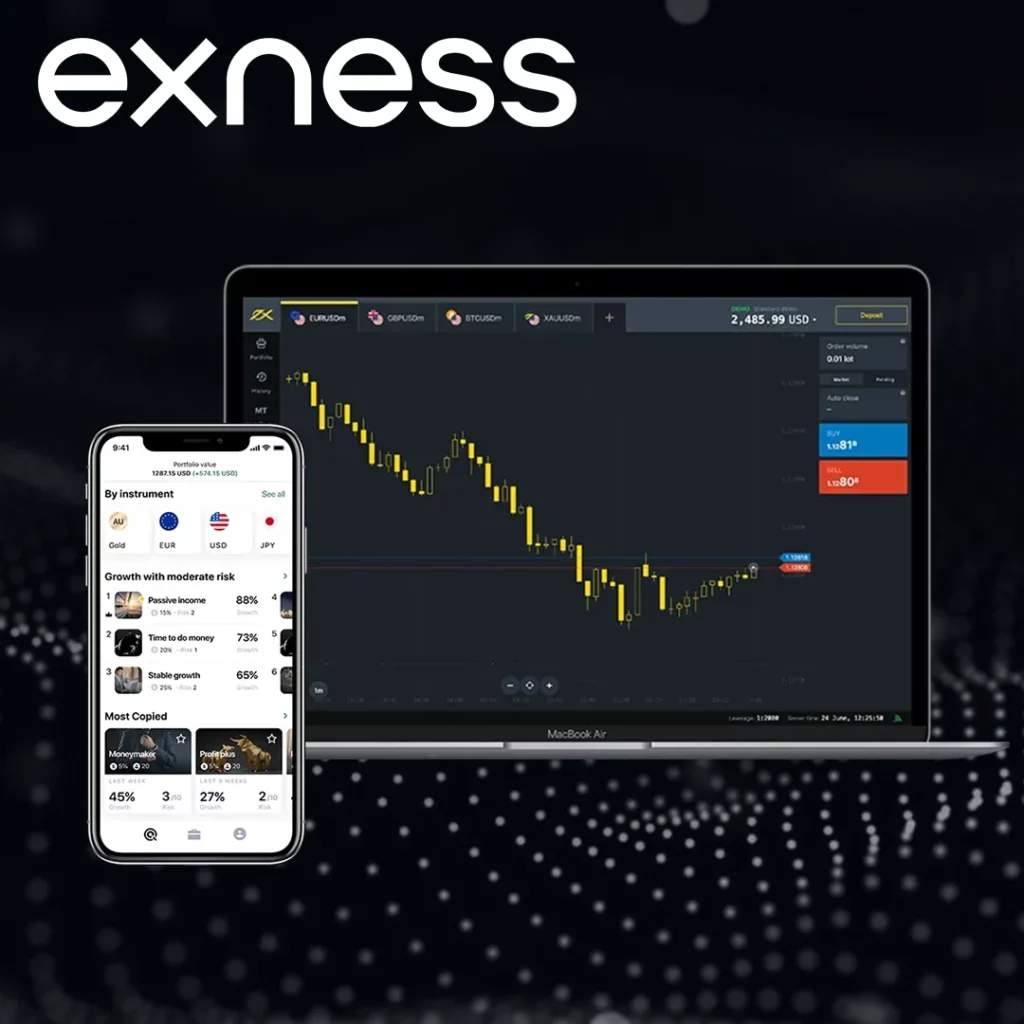
- Registration with the CFTC and NFA
Any broker wishing to offer forex or CFD trading services in the U.S. must register with the CFTC as a Retail Foreign Exchange Dealer (RFED) or a Futures Commission Merchant (FCM). This involves meeting rigorous operational and financial requirements. - Leverage Limits
The CFTC imposes strict leverage limits for U.S. traders. For forex trading, leverage is capped at 1:50 for major currency pairs and 1:20 for non-major pairs, which contrasts sharply with Exness’s offering of leverage up to 1:Unlimited. This limit is designed to reduce risk for retail traders but makes the U.S. market less attractive for brokers focusing on high-leverage trading. - Segregation of Client Funds
U.S. regulations mandate that brokers keep client funds in segregated accounts to protect against misuse and insolvency risks. While Exness follows similar practices globally, compliance with U.S. rules requires additional documentation, audits, and oversight, increasing operational complexity.
- Prohibition of CFDs
Contracts for Difference (CFDs), a popular trading instrument offered by Exness, are not permitted for retail traders in the U.S. This outright ban removes a significant portion of Exness’s trading services from availability to U.S. clients. - Tax and Reporting Obligations
Brokers operating in the U.S. must comply with detailed tax reporting requirements for their clients. This includes reporting gains and losses to the Internal Revenue Service (IRS), adding another layer of complexity.
Challenges for International Brokers Like Exness
Complying with U.S. regulations involves significant financial and administrative burdens, including capital adequacy requirements, regular audits, and stringent reporting standards. These challenges, combined with restricted leverage and the ban on CFDs, make it impractical for Exness to operate in the U.S. market.
Pros and Cons of Using VPNs for Trading on Exness
For U.S.-based traders seeking to access Exness, one common method is using a Virtual Private Network (VPN) to bypass geo-restrictions. While this approach is technically feasible, it carries specific benefits and risks that traders must consider.
A VPN creates a secure and encrypted connection between a user’s device and the internet by routing traffic through servers in a different location. By connecting to a VPN server in a country where Exness operates, U.S. users can mask their IP addresses and appear to be accessing the platform from an eligible region.
Benefits of Using VPNs
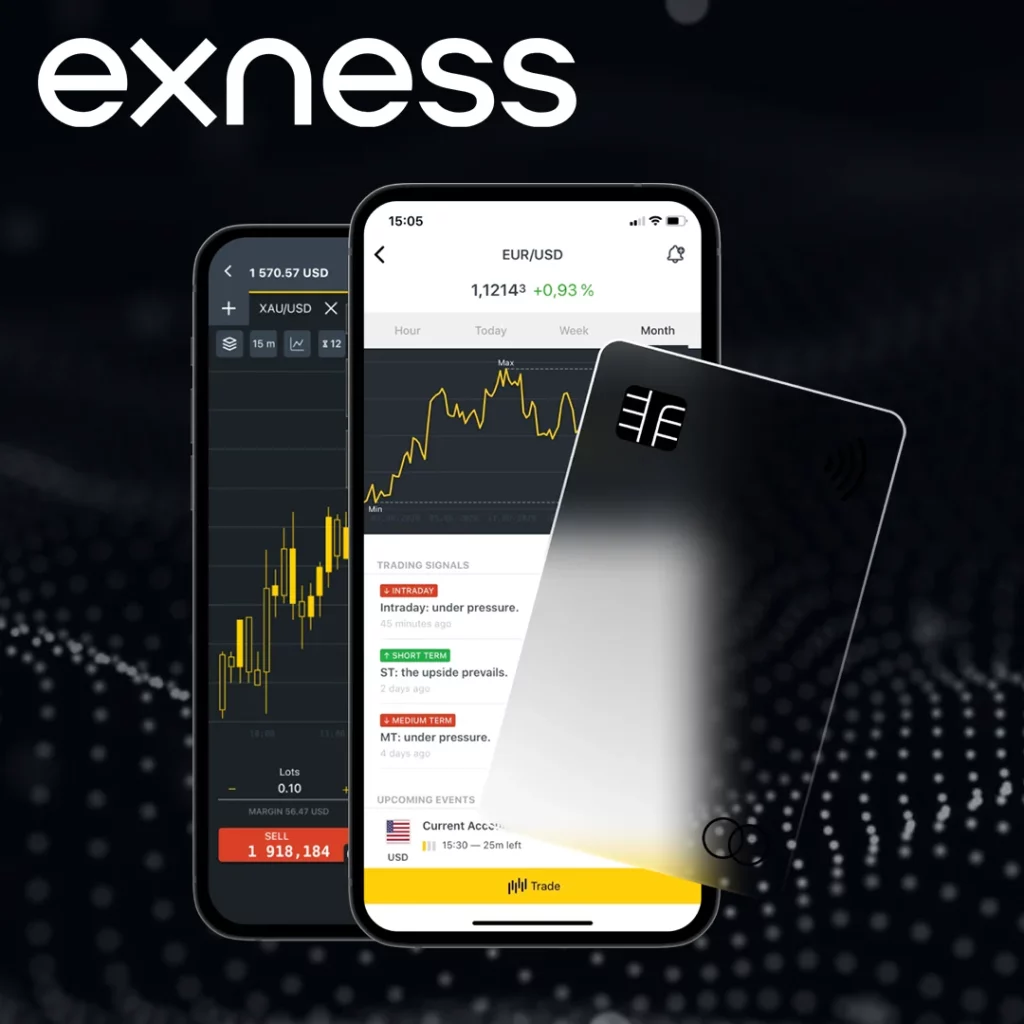
- Access to Exness Features
VPNs enable U.S. residents to explore Exness’s offerings, including high leverage, CFD trading, and access to MetaTrader platforms. - Privacy and Security
VPNs encrypt internet traffic, reducing the risk of data breaches or unauthorized access to sensitive information during trading activities. - Bypass Geo-Restrictions
VPNs allow users to circumvent country-specific restrictions, making platforms like Exness accessible from restricted regions.
| Advantages | Details |
| Enables access to restricted services | Appears as if the user is in a supported region |
| Protects online identity | Masks IP address and encrypts traffic |
| Enhances privacy | Reduces tracking by ISPs and governments |
Final Recommendations
- Consult a Professional Advisor: Before pursuing any workaround, seek advice from legal or financial professionals.
- Evaluate the Risks: Understand the potential consequences of using VPNs or offshore accounts.
- Explore Regulated Alternatives: Consider U.S.-compliant brokers for a safer trading experience.
While Exness offers outstanding features and trading conditions, U.S.-based traders must weigh the risks and benefits of accessing the platform through indirect means. Prioritizing legal compliance ensures a secure and sustainable trading journey.

Trade with a trusted broker Exness today
See for yourself why Exness is the broker of choice for over 800,000 traders and 64,000 partners.
FAQ
Why is Exness not available to U.S. residents?
Exness не работает в США из-за строгих правил CFTC и NFA, которые требуют от брокеров соблюдения определенных правил, включая низкие лимиты кредитного плеча и запрет на CFD.

